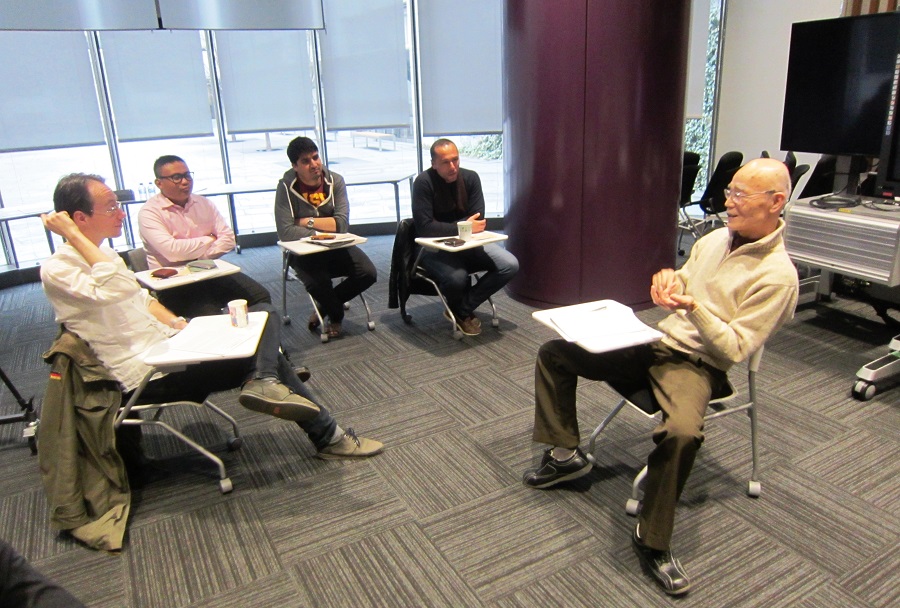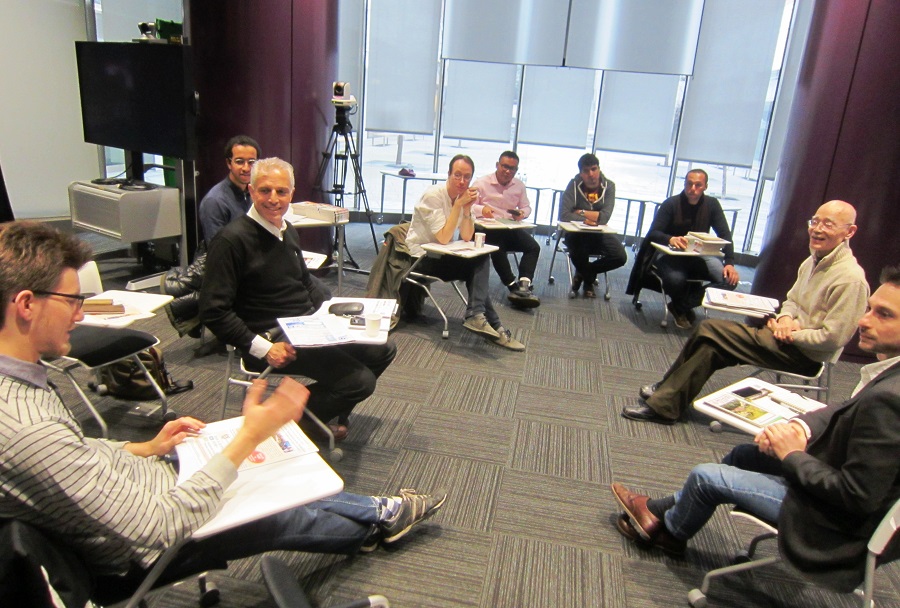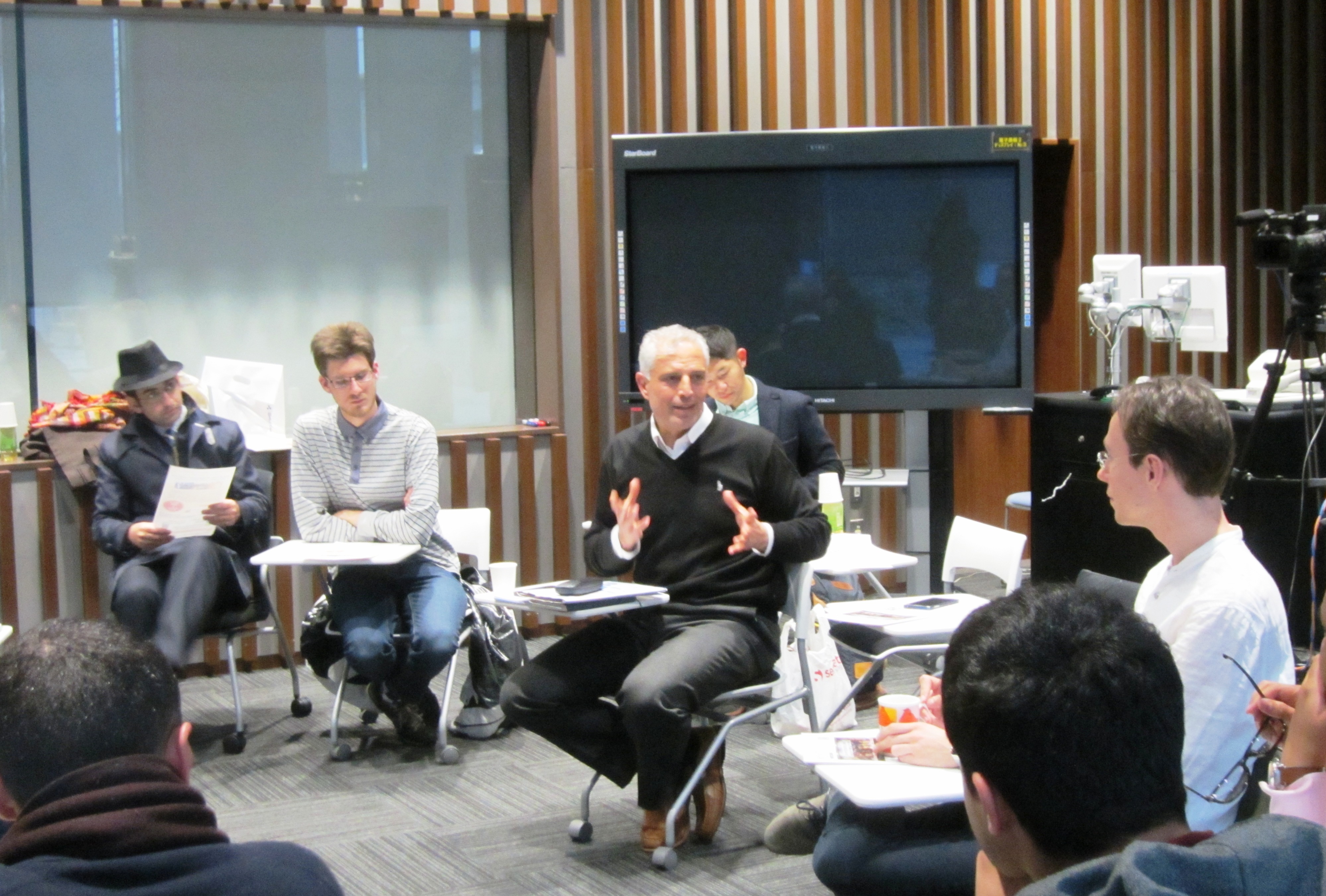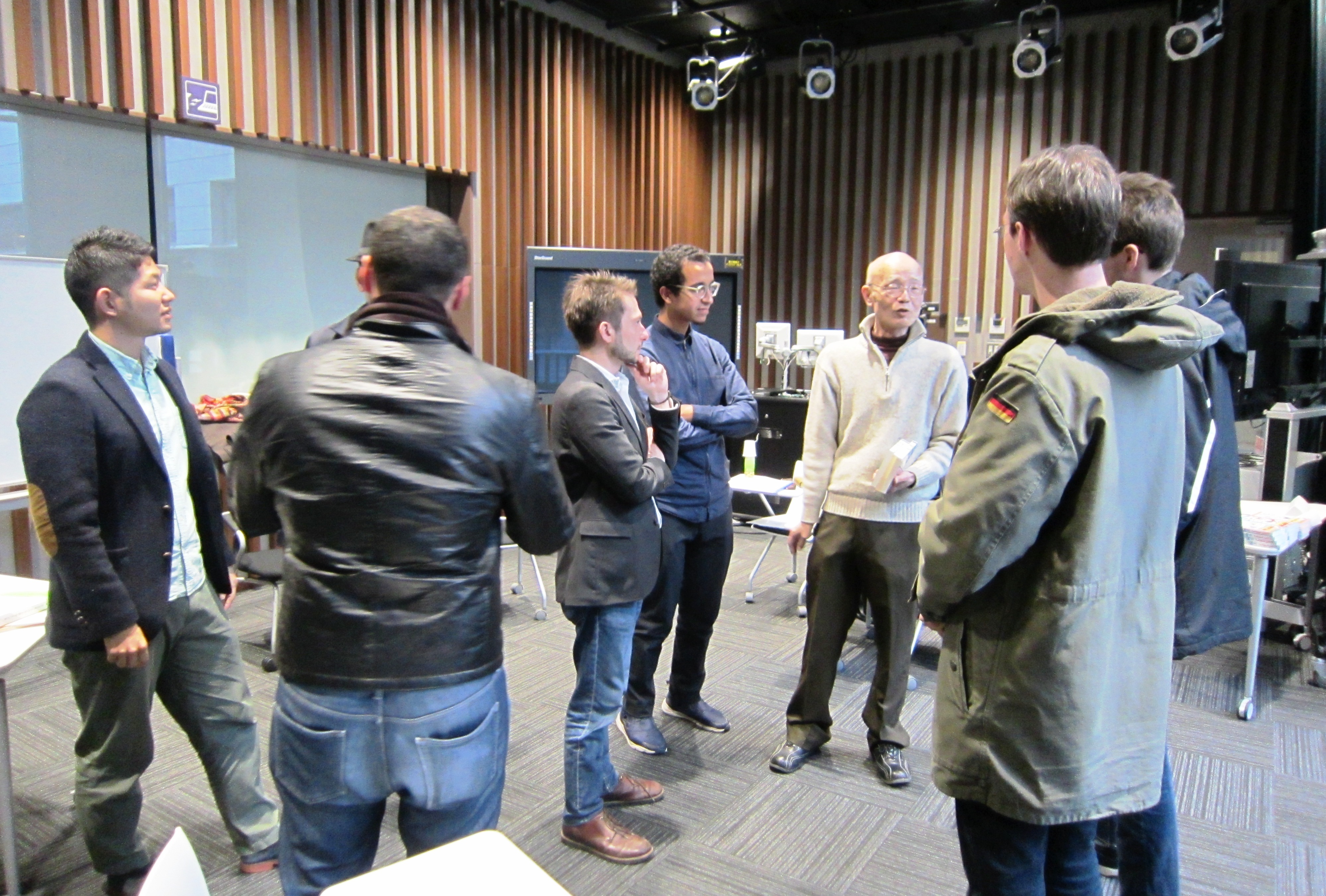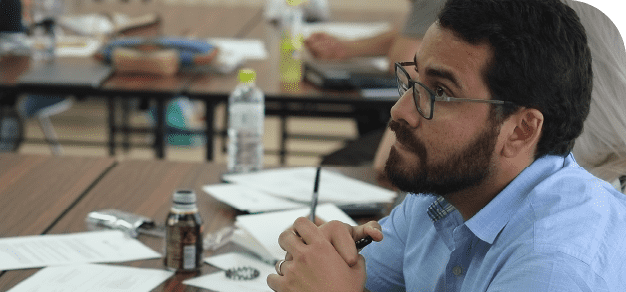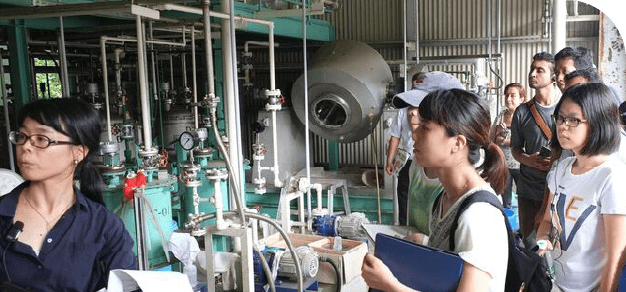Recent Activities
最新の活動
GRMドキュメンタリーフィルムイベント:3月
2019/03/22
今回は二人のコメンテーターを招いて、映像を見た後ディスカッションをしました。
From the Indian Subcontinent to the Middle East: Partition, Borders, Conflicts and Legacies of Empire
コメンテーター
田中 博一氏
(日本アラブ未来協会 代表)
ジョシュア・リカード准教授
(熊本大学 グローバル教育カレッジ)
----------------------------
開催日: 2019年 3月22日(金)
時間: 15:00 - 17:00
会場: 今出川(烏丸)キャンパス 志高館 ラーニングスタジオ(B1F)
----------------------------
■Commentary
Written by Iyas Salim
The standoff between India and Pakistan in mid-February of 2019 brought about the risk of igniting yet another conflict between the two nuclear powers. Any heightened tension in the Indian subcontinent has the potential to threaten the stability of the region and the world. Kashmir region is again on the brink of a potential war. The disputed region of Kashmir has long been at the epic center of dispute between India and Pakistan. Moreover, escalation is worsened by state media and social media platform. Nationalistic sentiments and extreme views are inflamed by TV and social media in an age of instant news, visual images and sound bites. President Modi of India is going for elections in the month of May. Known for his Hindu brand of politics, Modi has capitalized on the recent flare up with Pakistan to mobilize Indian voters on a nationalistic, exclusive and populist platform in a bid to win the national election. As the largest election in the world, India has much at stake in a vast country well known for its diversity and multi-cultural society. Yet, the question of Kashmir remains unresolved and it has been so as a hotbed of nationalistic claims and dispute between the two neighboring powers for the past seven decades. History, without a doubt, can shed a light in trying to understand the background of this tense region in the Indian subcontinent.
By the middle of the 20th century, British Empire began to collapse, particularly in the immediate aftermath of the 2nd World War. Hardly capable of continuing sustaining an empire after a destructive world war, Britain faced local resistance by people of former colonies who began an anti-colonial campaign for independence. The imperial rulers divided India into two states; India and Pakistan in 1948. The decision brought a legacy of three wars, the birth of Bangladesh and crisis of Kashmir. Around the same time, another crisis was in the making as another legacy of British Empire brought about the crisis of Palestine where almost the entire Palestinian people were expelled and disposed by force from their homeland in 1948. The resulting legacy is known as “Nakba,” meaning catastrophe in Arabic. The British imperial embezzlement in the Palestine Question and Crisis dates back to the year 1917 when the British foreign secretary Arthur Balfour made the infamous declaration of an imperial plan which resulted in the deprivation of entire people of Palestine of their homeland and made the majority of Palestinians as refugees. To this day, the question of Palestine remains a top political agenda in the Middle East and a contentious source of conflict and wars in the region. A historical legacy which is often forgotten or ignored by main stream media. Placing the conflict in historical context is vital to understand how the Palestine crisis and refugees were materialized. Knowing history makes us understand the present. The two legacies of the British Empire were born about the same time. Wars and humanitarian disasters often loom in the horizon. And the case of Palestine, it evident in almost daily news of military occupation of Palestinian land and the military siege against Gaza. Palestinian refugees in the diaspora, about six million people, remain living in refugee camps in surrounding countries for three generations. To shed more light into the legacies of British Empire, a panel discussion followed the documentary screening. Students from GRM Program, the Graduate School of Global Studies, and other faculties took part in the discussion.
Mr. Tanaka Hiroichi the event as one of main panelists. He is an author of a Japanese Arabic dictionary which is considered one of the best in Japan. He hails from Gifu, Japan. An expert on Palestine, he has visited Palestine and other Arab countries in the region over the past decades. He has written extensively and lectured on Palestine. The other panelist is Mr. Josh Packard from Kumamoto University in Japan. An anthropologist by training, Josh conducted extensive research on Palestinian communities of the West Bank living under Israeli military occupation.
Mr. Packard argued empires are violent and intrusive in nature. Until the first half of 20 century, the world had to endure the intrusive colonial practices of the British and French empires. At the present time, the American empire began to intervene from the second half of 20th century. The Palestinian crisis is a direct result of imperial policies by the British first and later by the U.S. Palestinian people still live under a military occupation in the West Bank and Gaza Strip. International law and norms are not applied and Palestinian people remain deprived of basic human rights of living in freedom, security and dignity. In the West Bank, there are more than 500 military check points separating Palestinian cities and villages from each other. Movement of people is highly restricted. And there are more than half a million Jewish settlers in the West Bank living in settlements, built illegally.
Mr. Tanaka pointed out the human cost which result from imperial legacies. In Kashmir, people pay the ultimate price, inflicted upon women, children and elderly. The tragedy goes on for generations. In the case of Palestine, three generations of refugees experience the same refugee camp as home. Military occupation stifles daily life, causing hopelessness especially among the youths. The lack of future prospects leads to desperation, heightening pressure upon young people who do not see a way out. Youths in particular are vulnerable to extremism in a desperate environment where the physical environment and movement are stringently controlled by military occupation.
Kashmir crisis must be negotiated as the most viable means of approaching the conflict. People of Kashmir have suffered so much over the years and they deserve to live in dignity and prosperity they deserve as human beings. In Palestine, illegal military occupation has to end so Palestinians can enjoy freedom and human dignity without the threat of bombardment and continuous abuse of human rights. Much talk is aimed at security of states, but what about the security of defenseless people; women, children and the vulnerable, who end up paying the ultimate price of violence and wars. Perhaps the best way of dealing with to the legacies of empire, of past wrongs, is to uphold the humanity, freedom and dignity of every single child, woman and man in such afflicted regions.
(Reported by Dr. Iyas Salim, Institute for Advanced Research and Education, Doshisha University)

